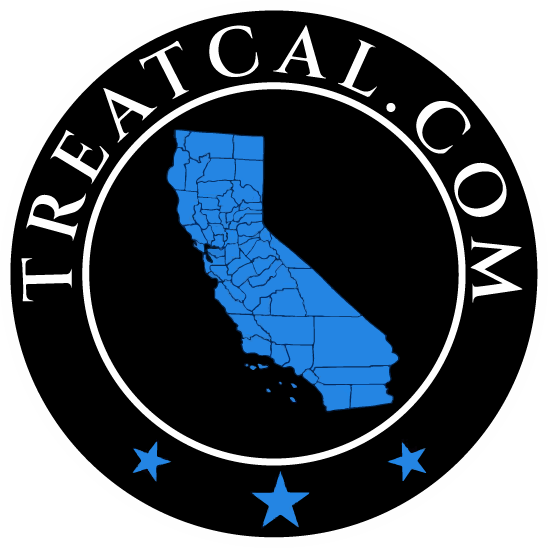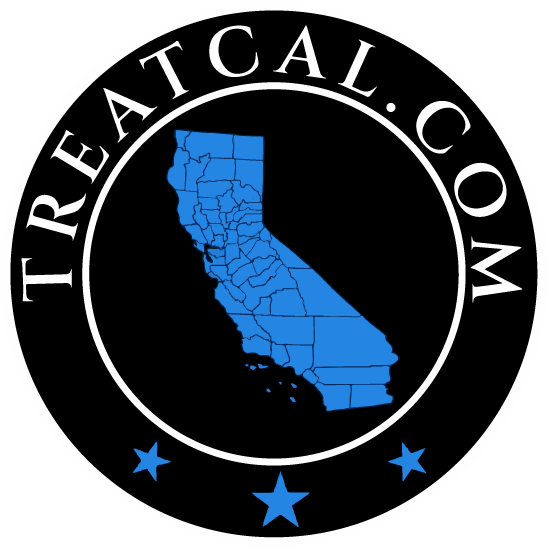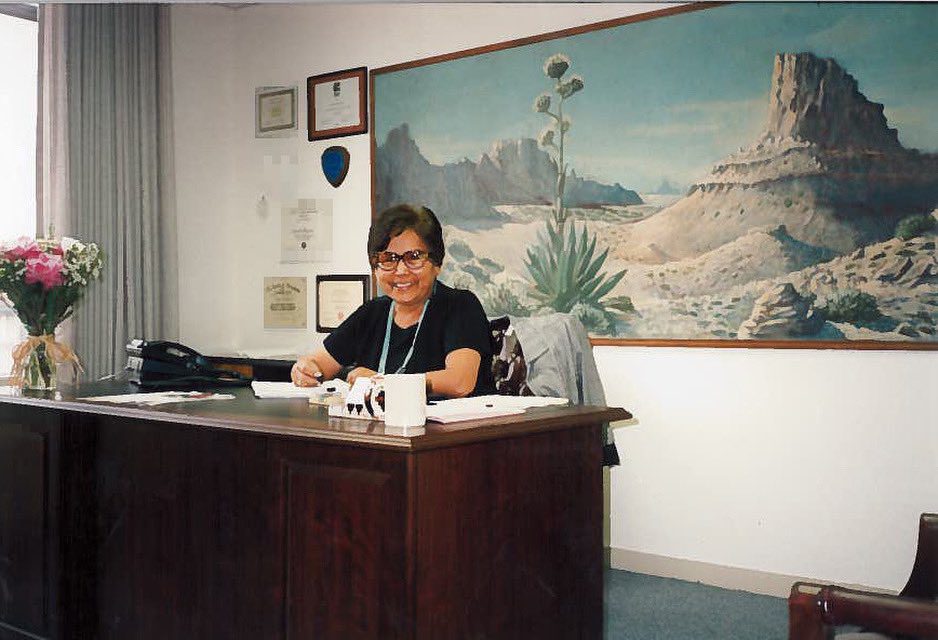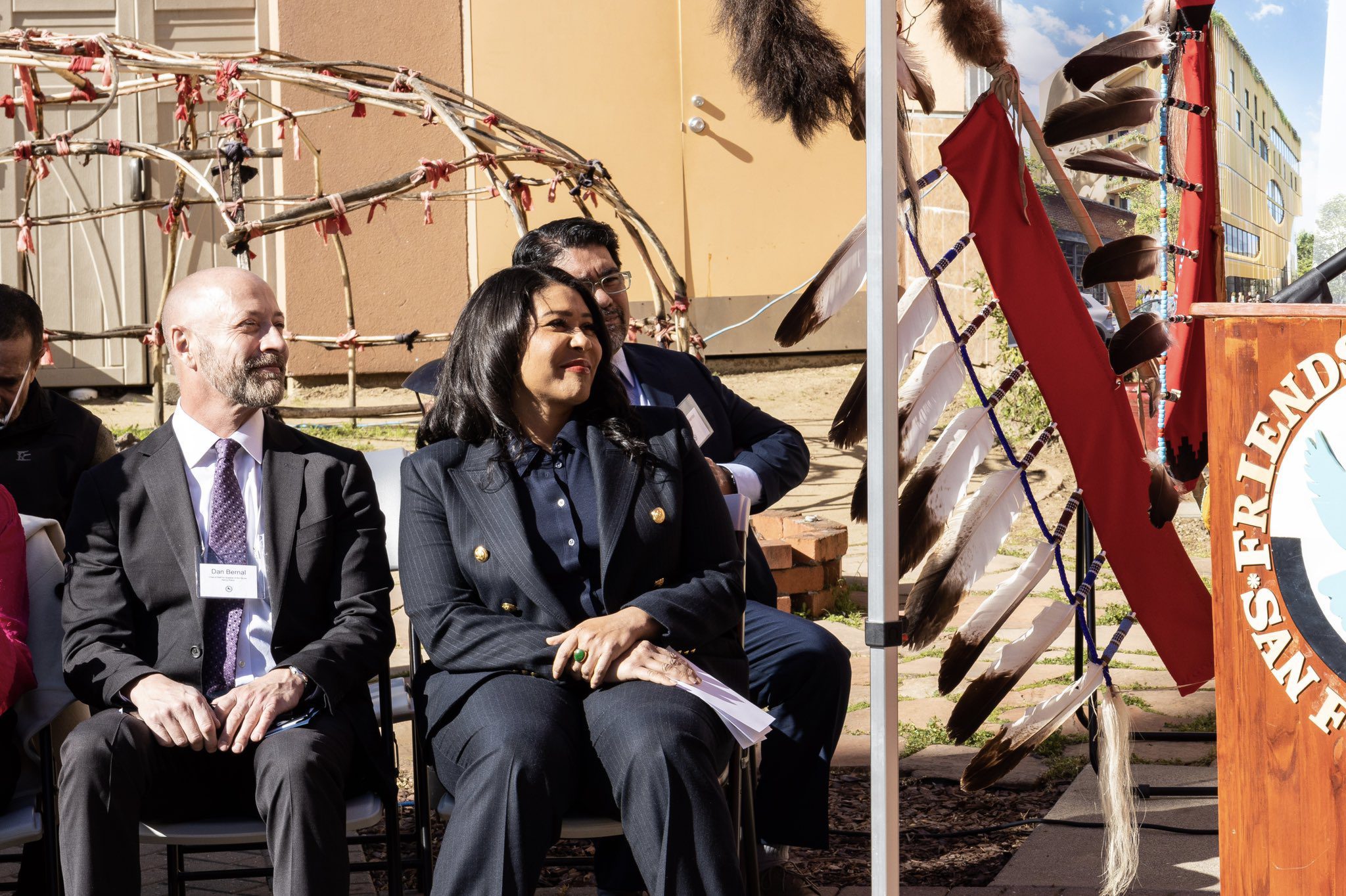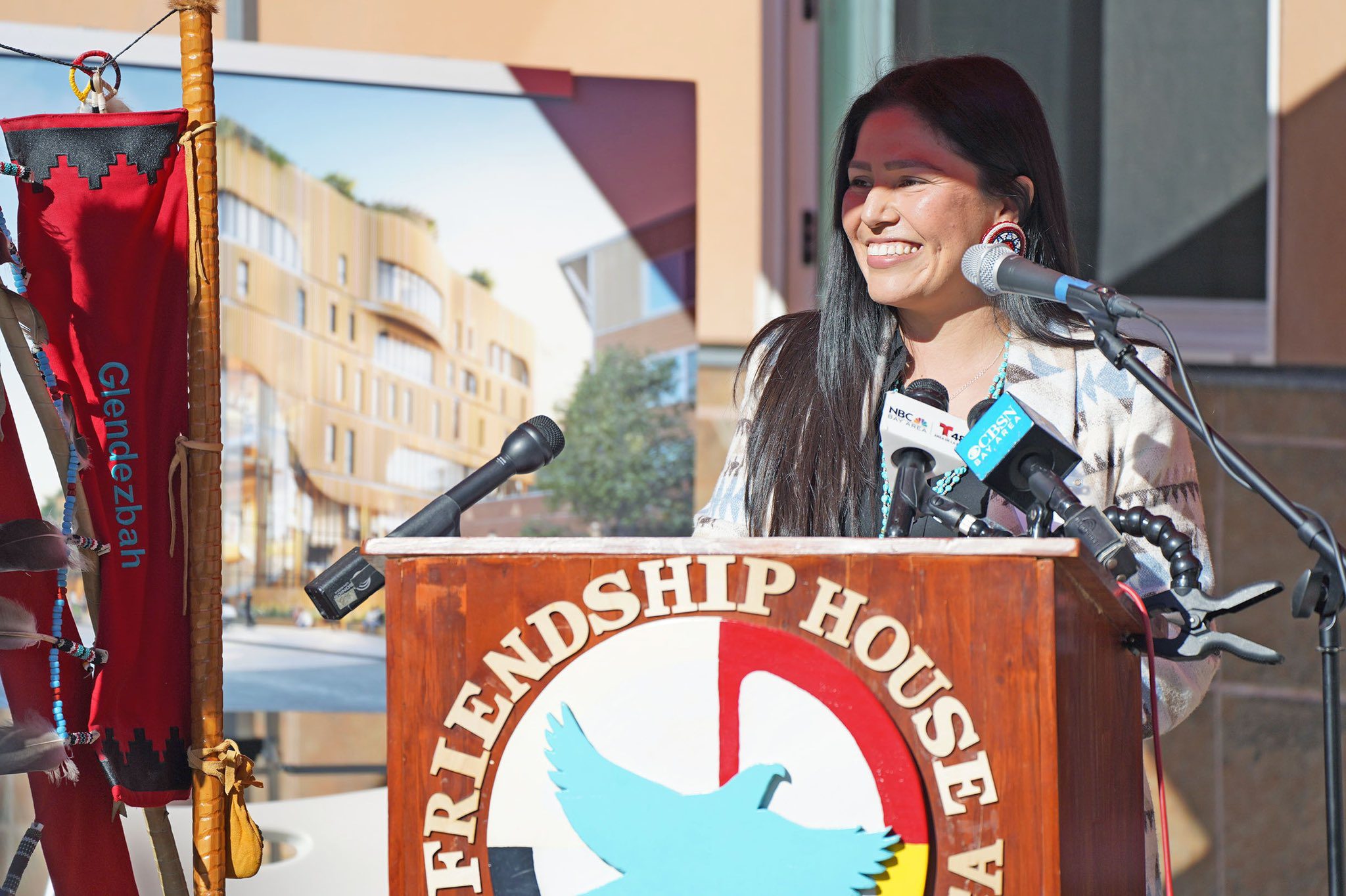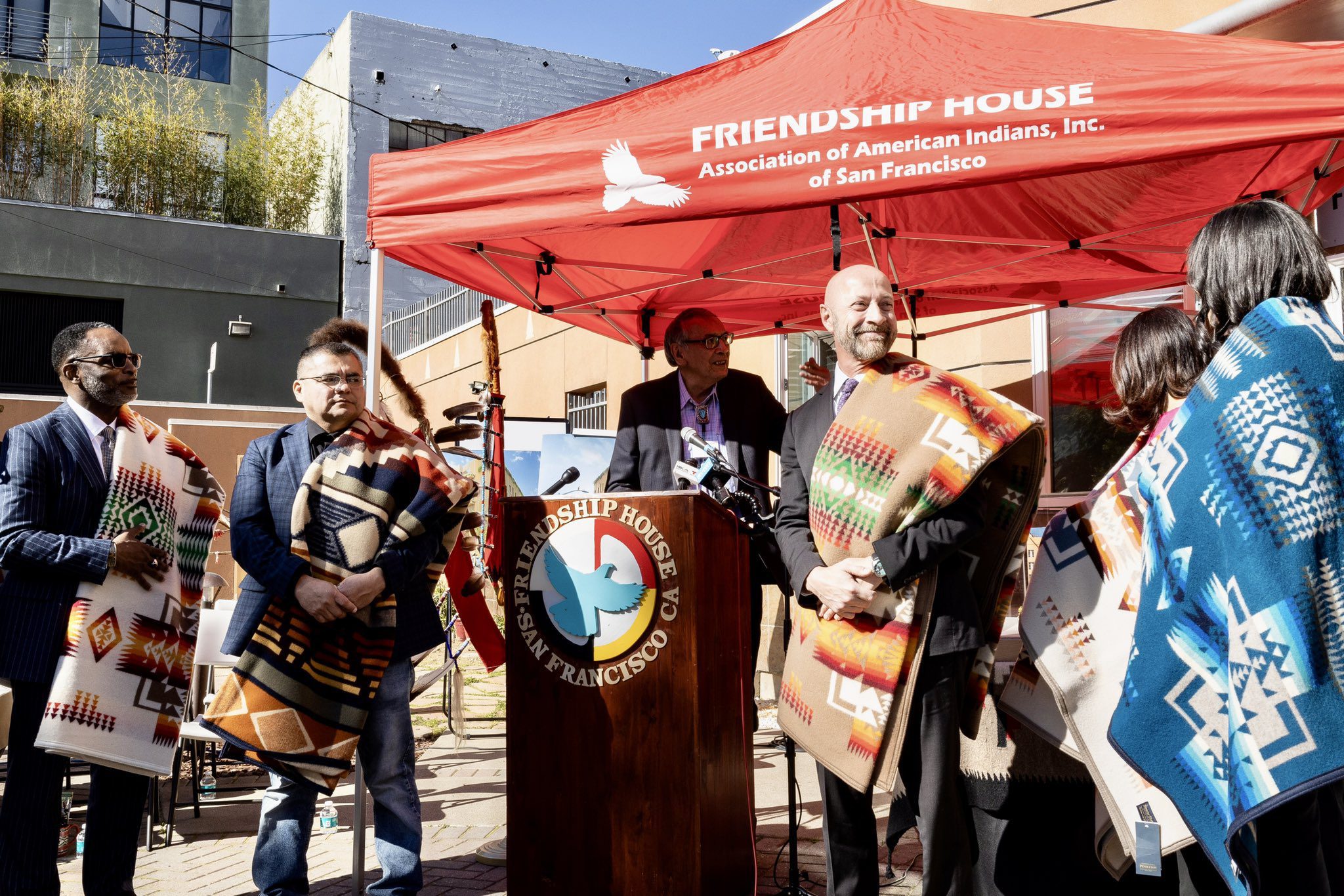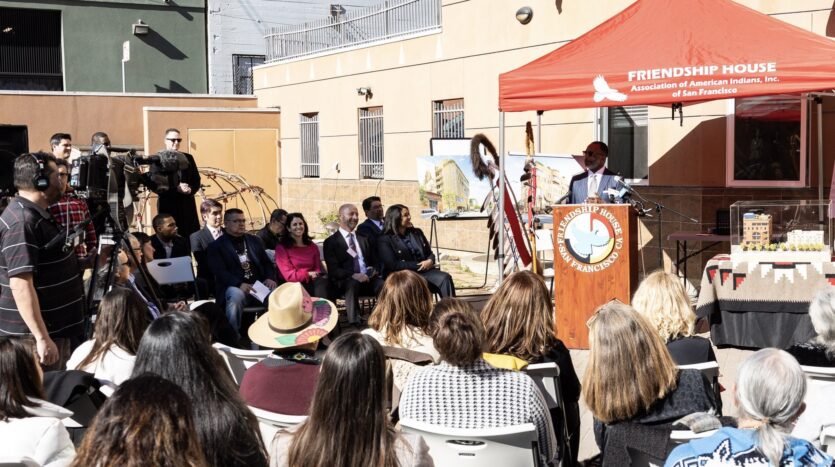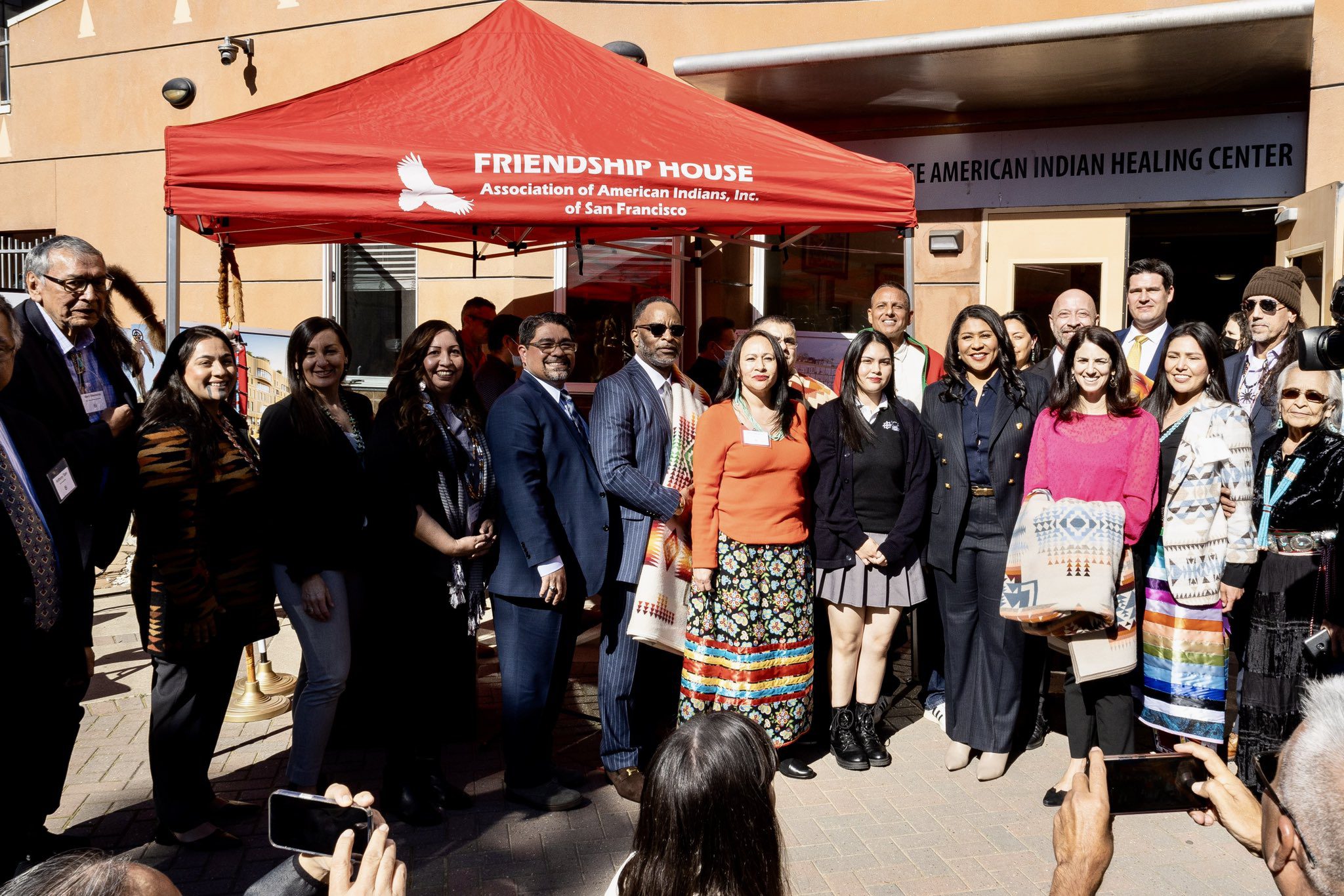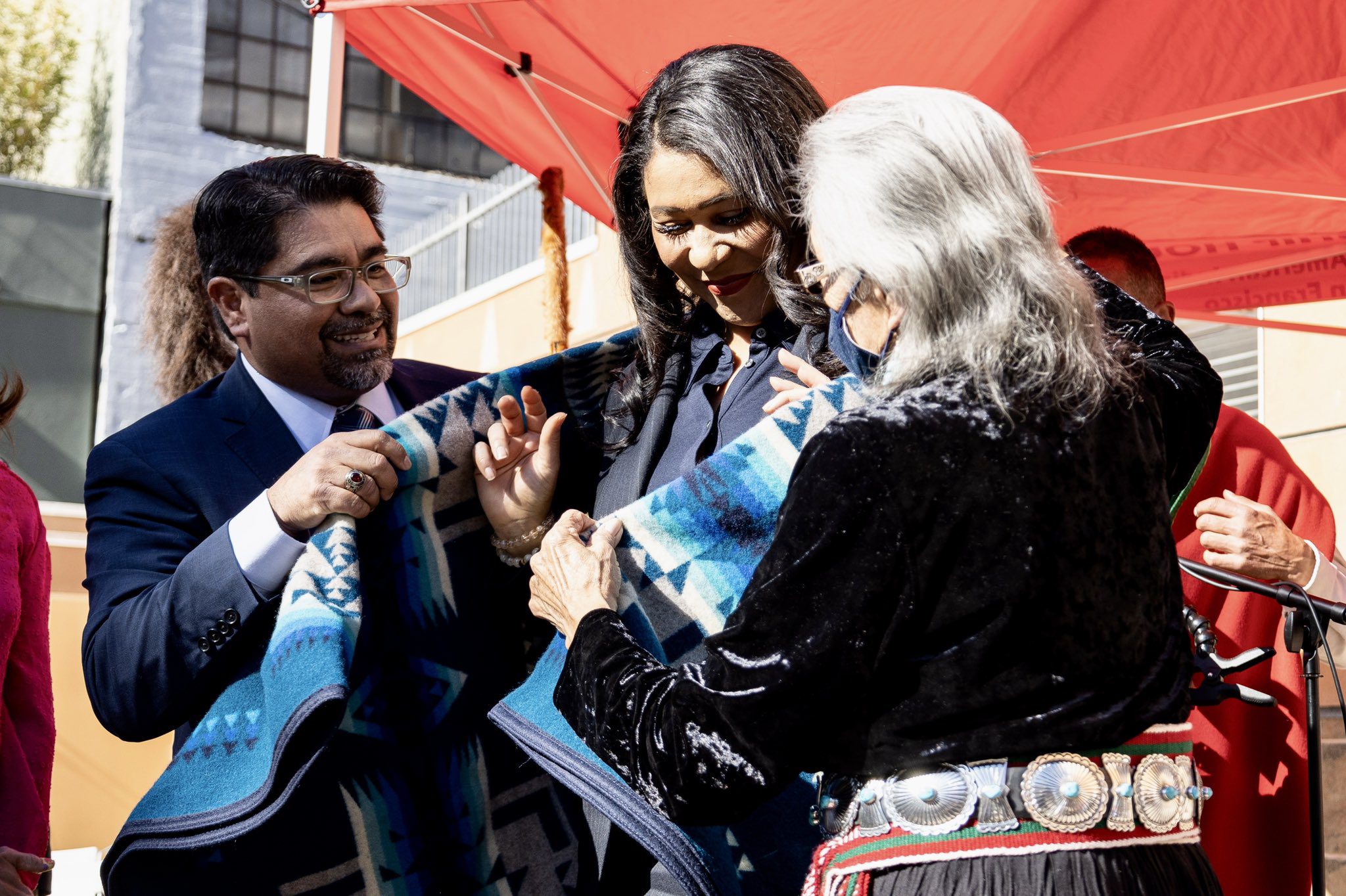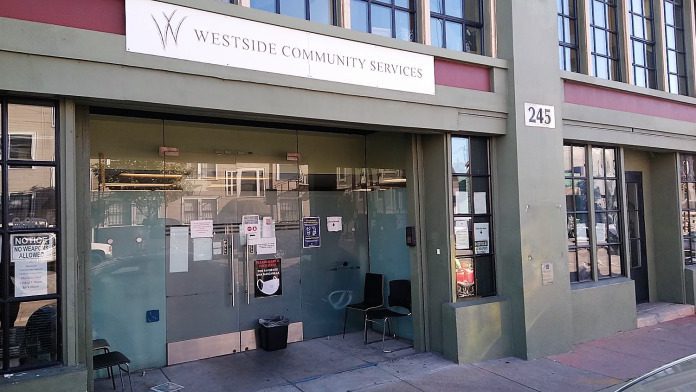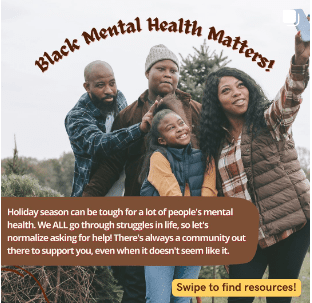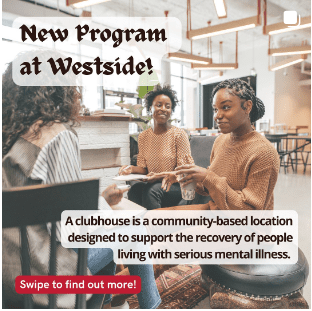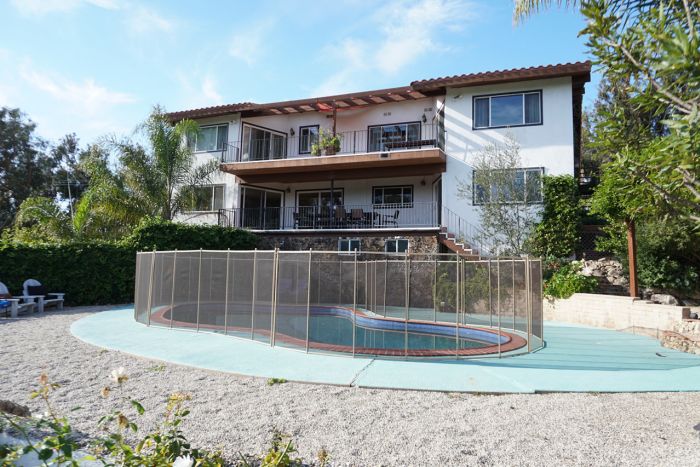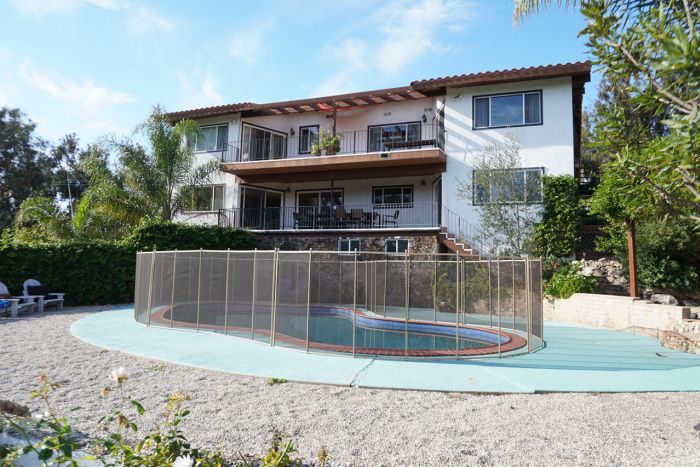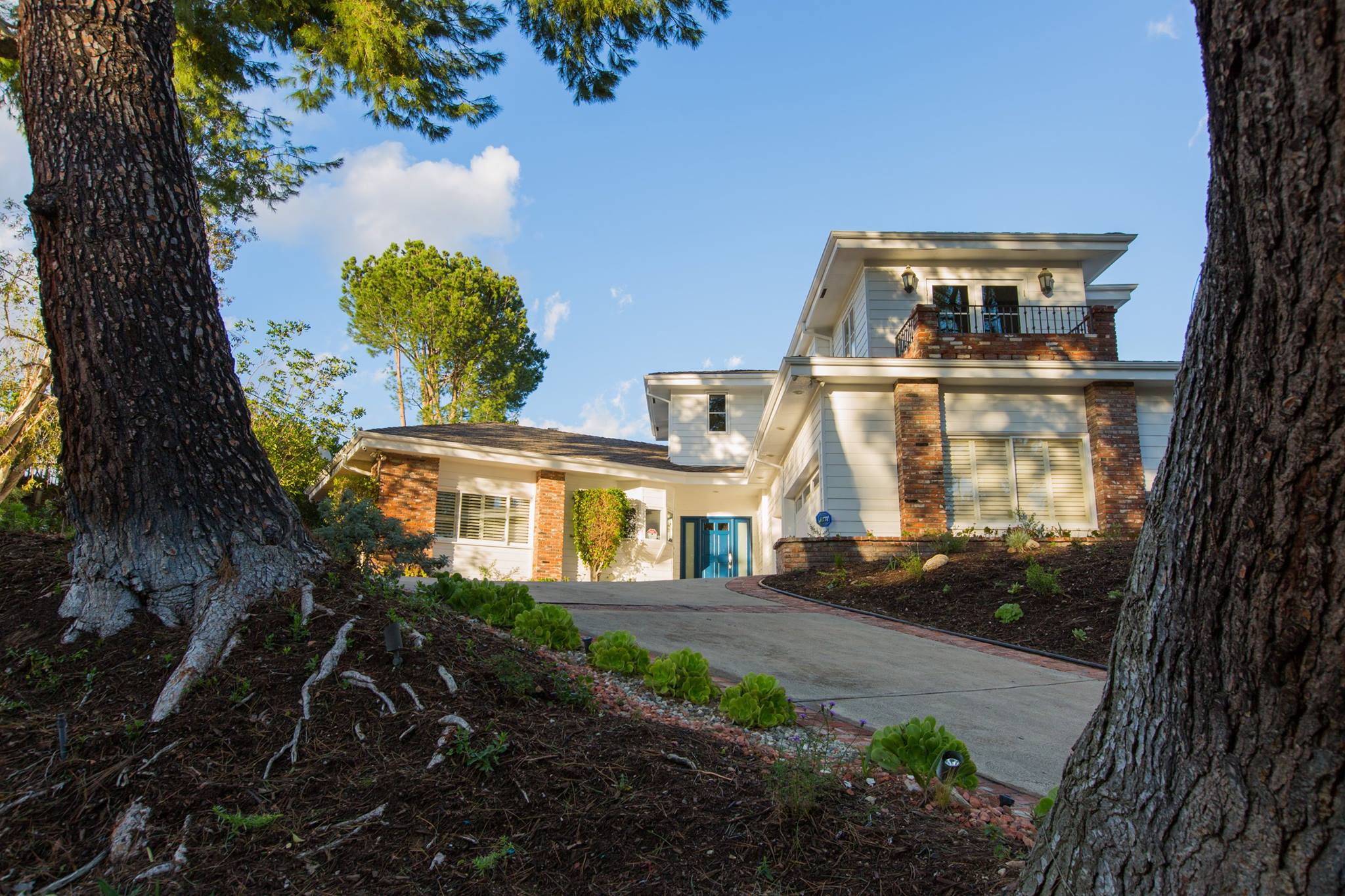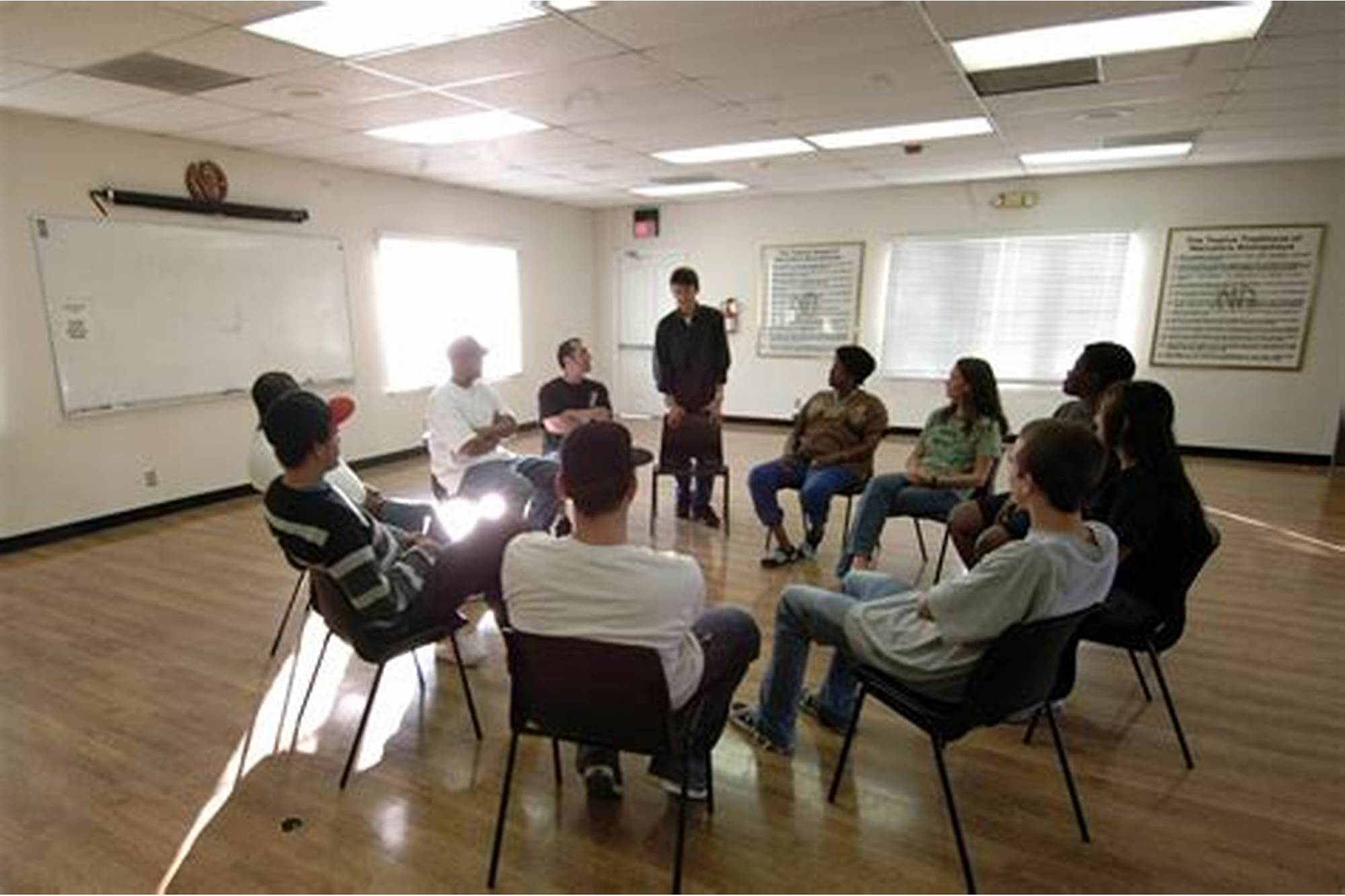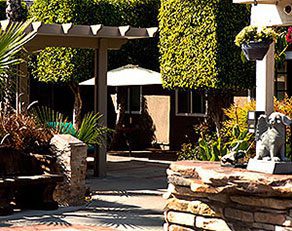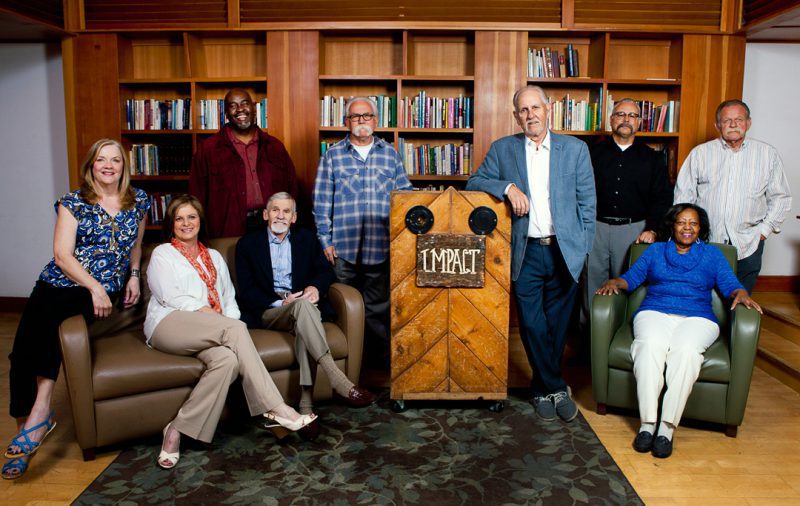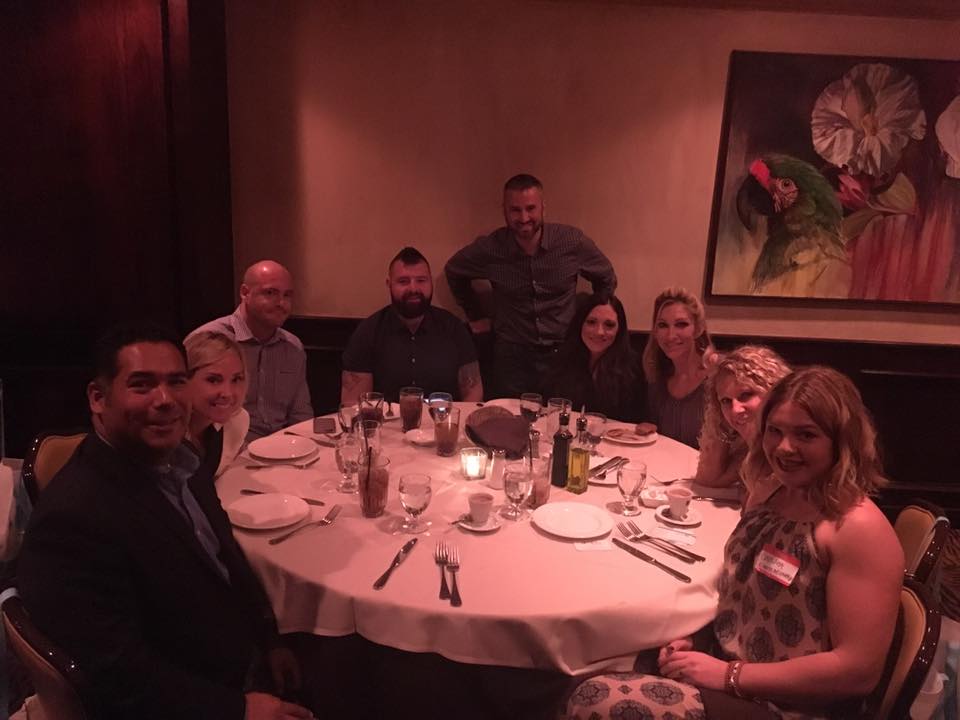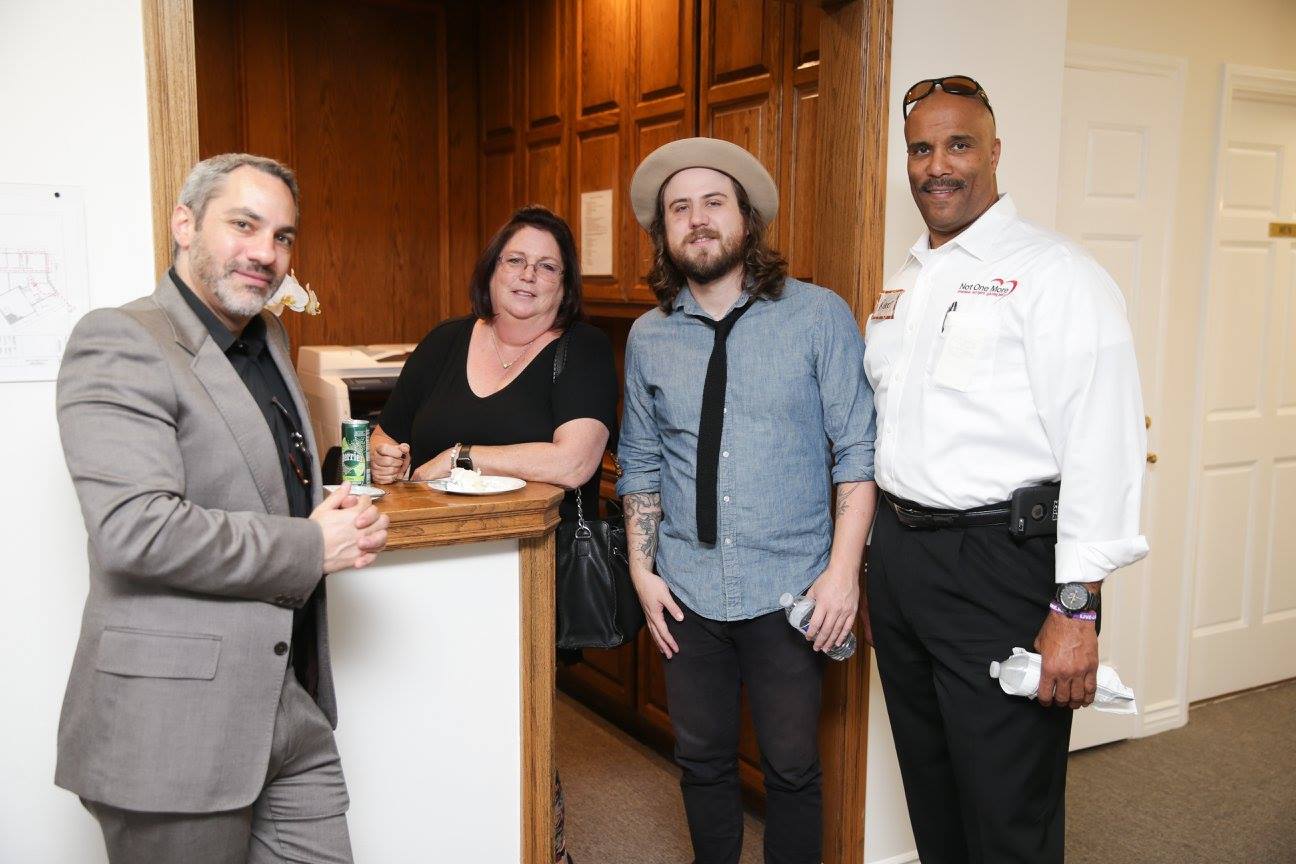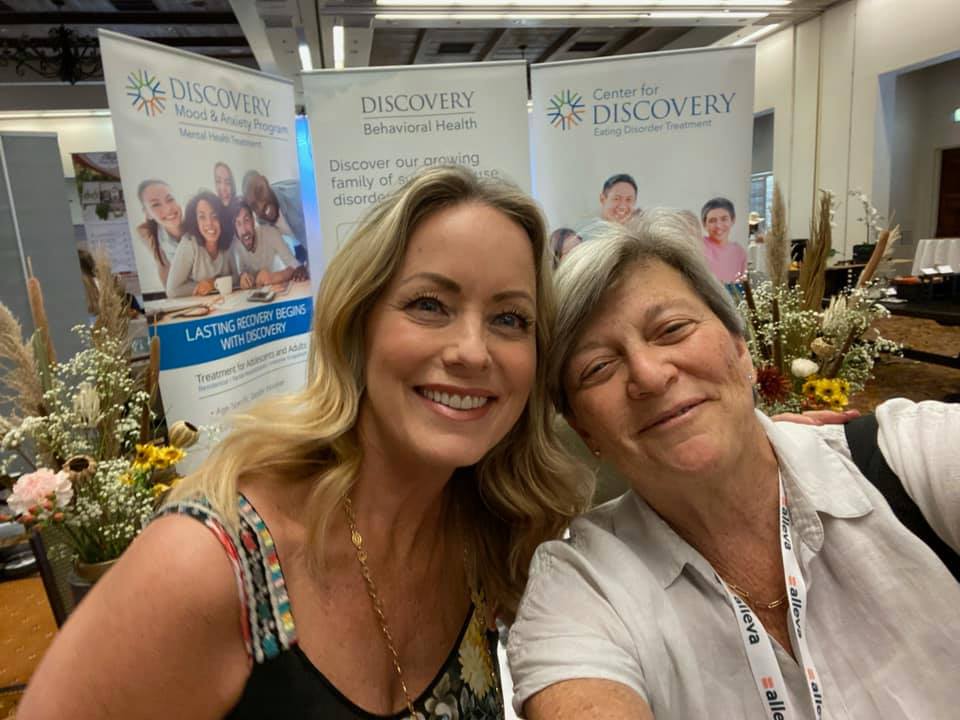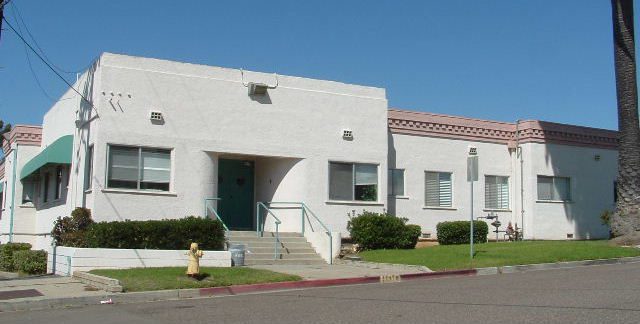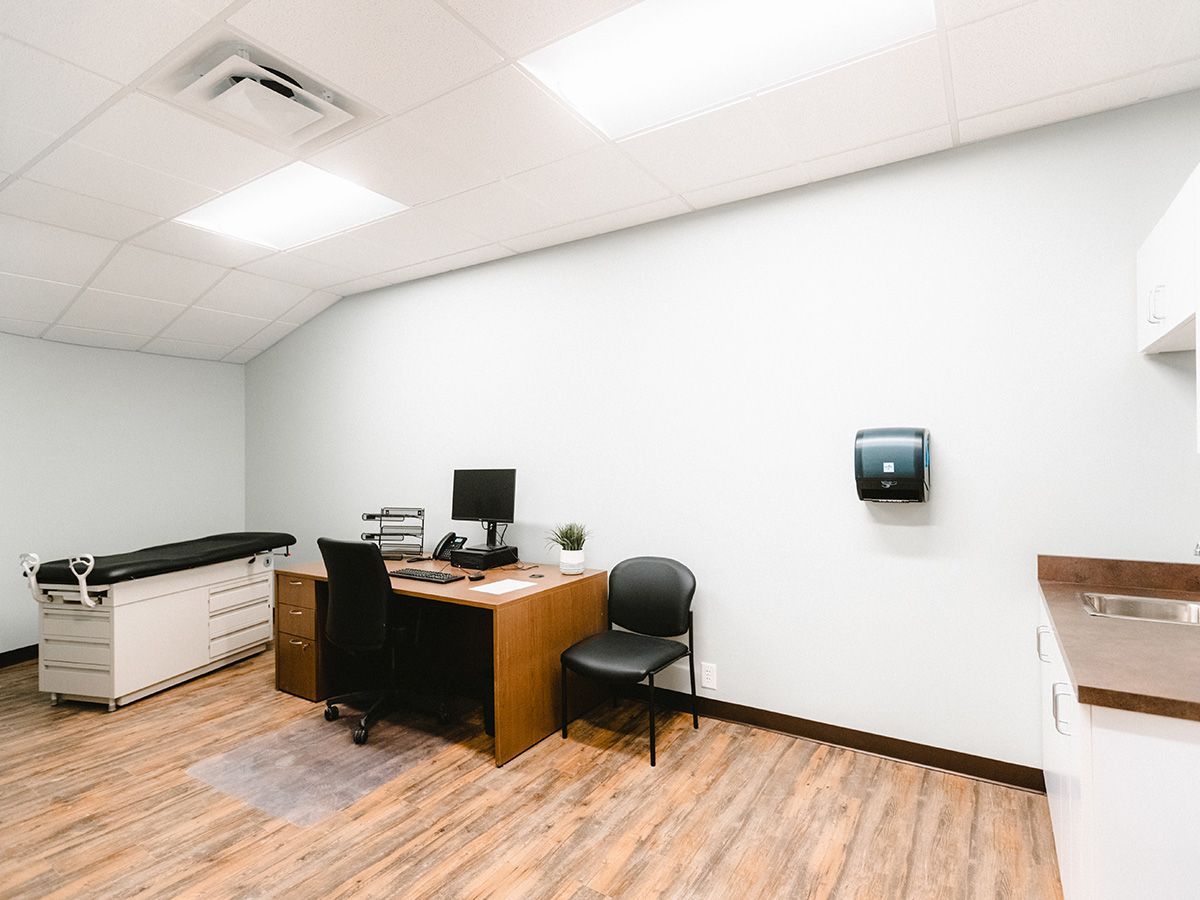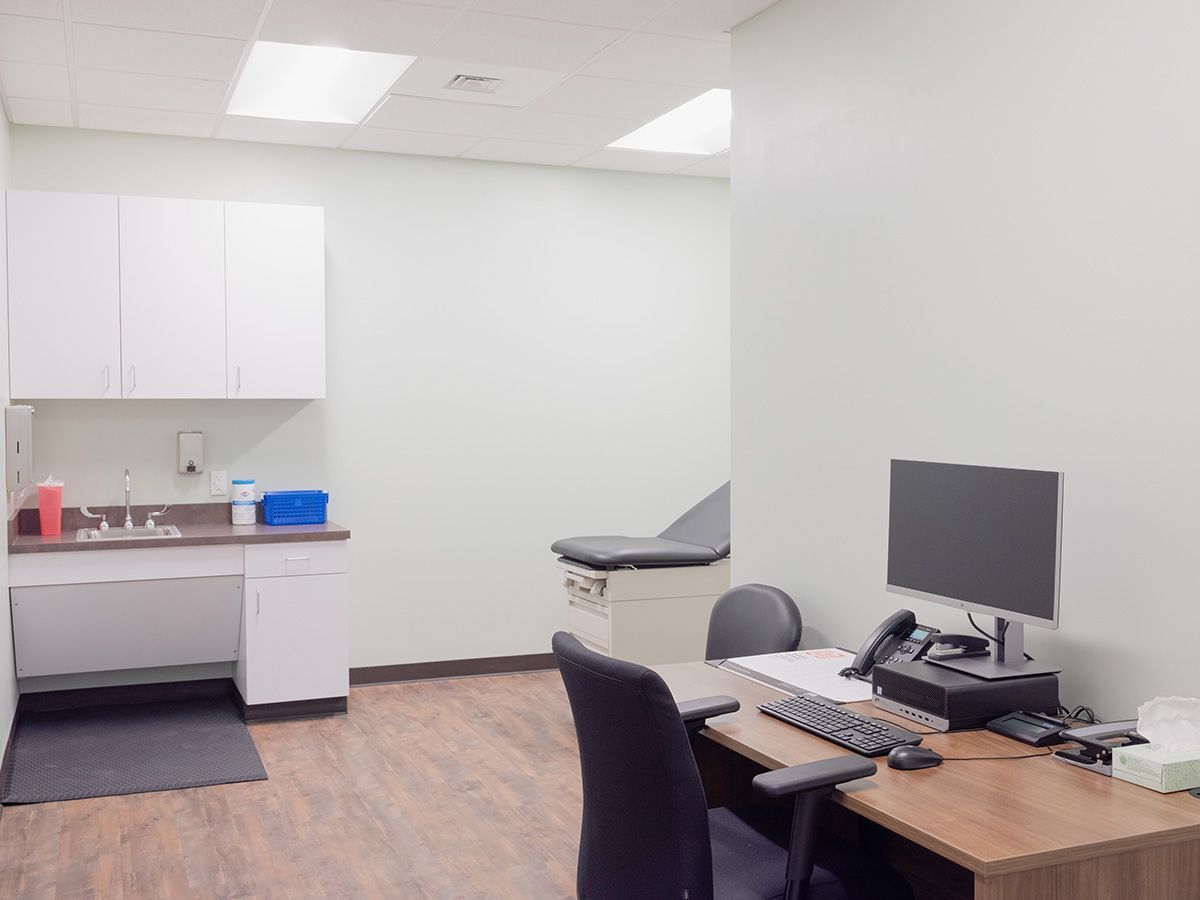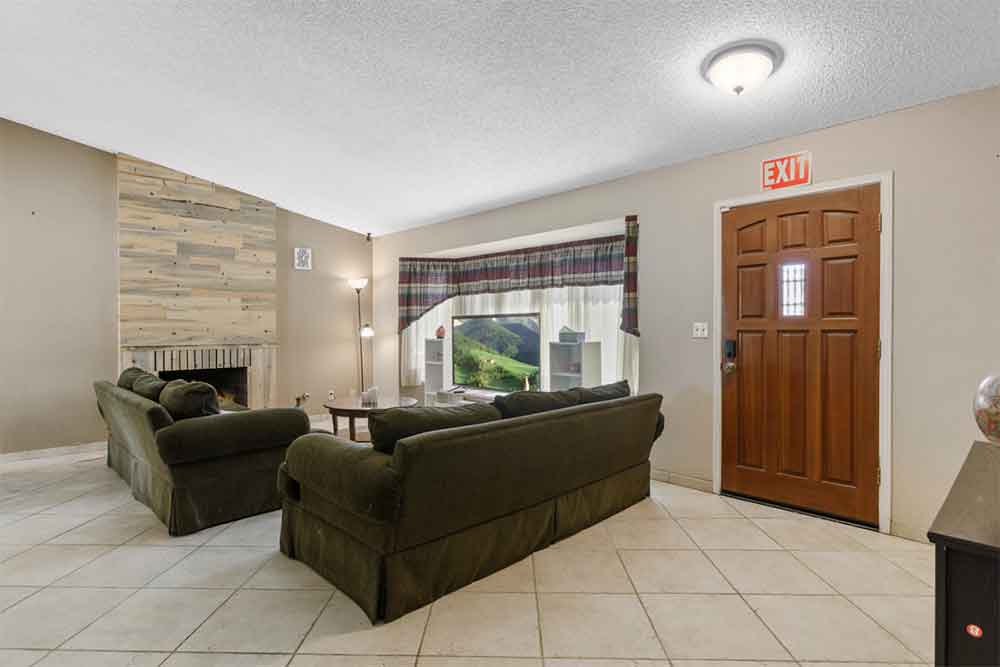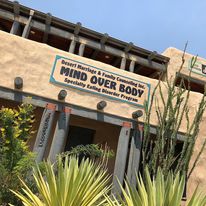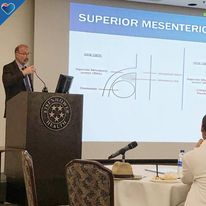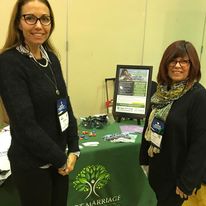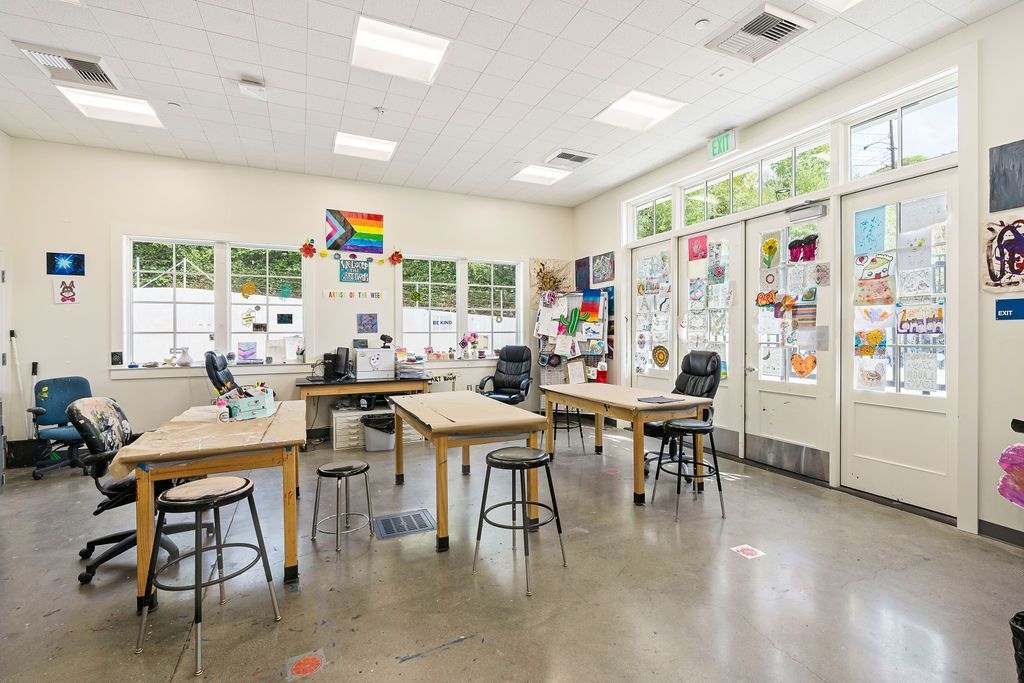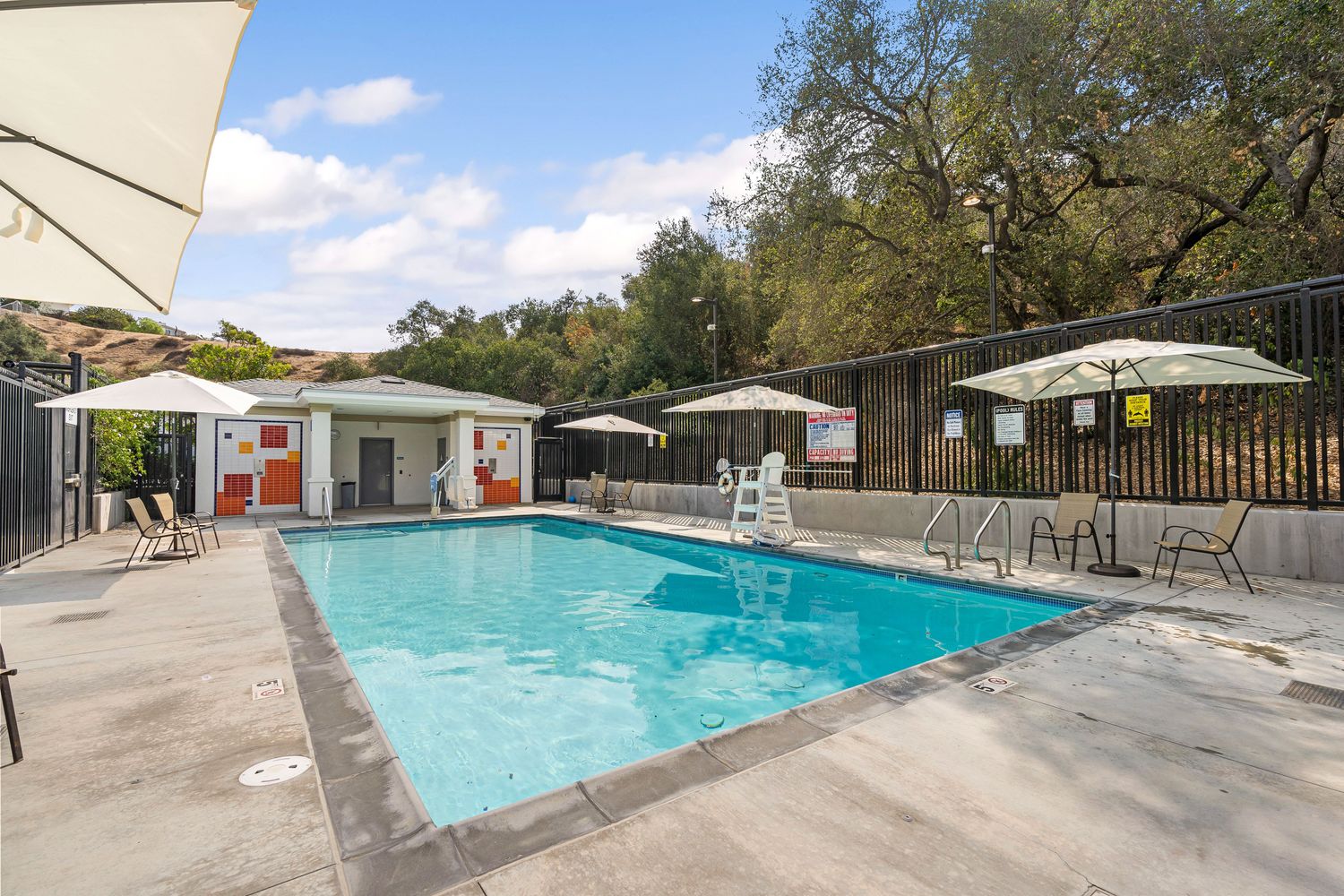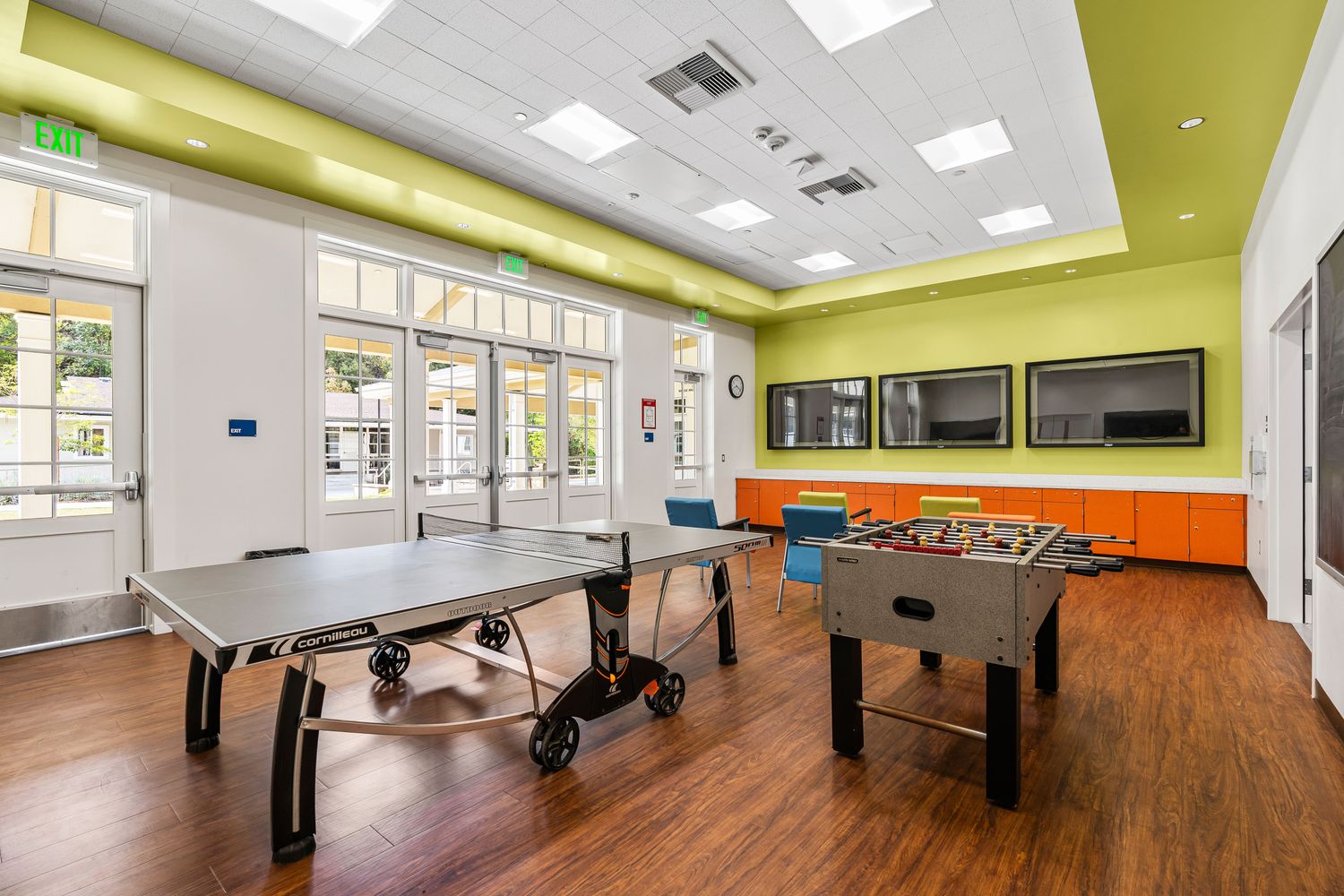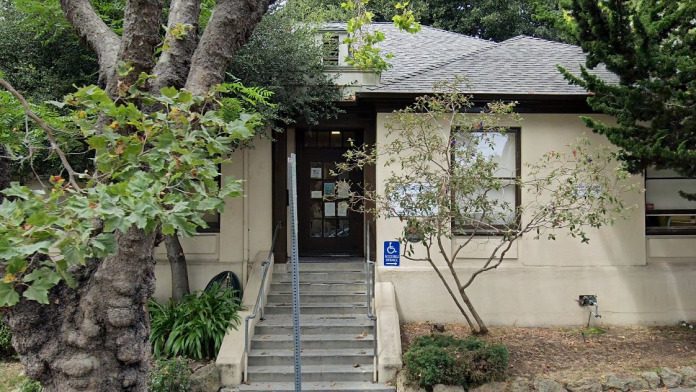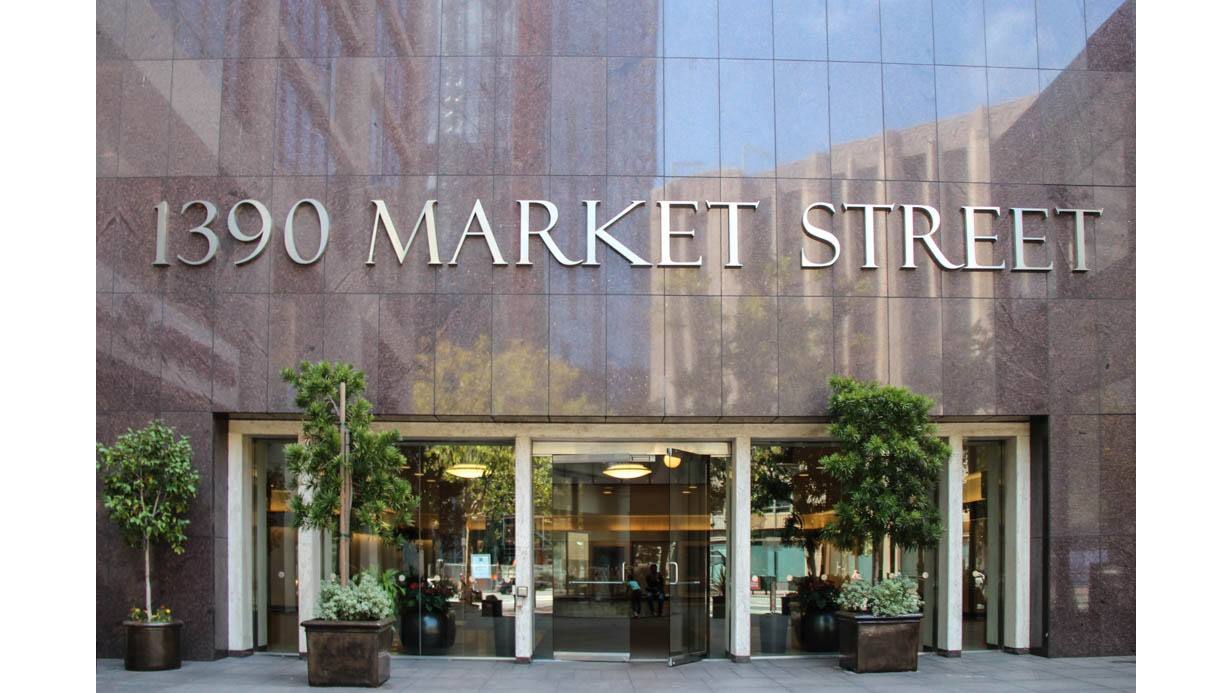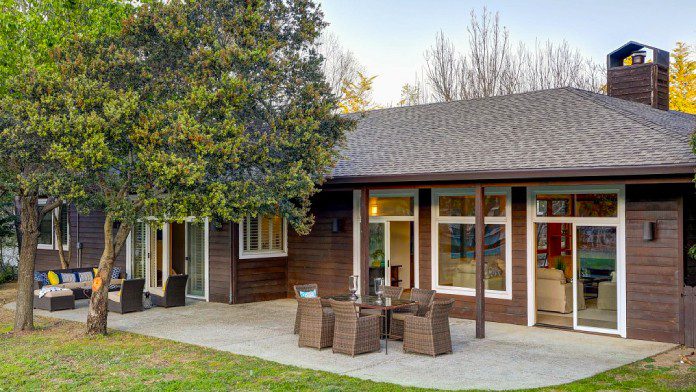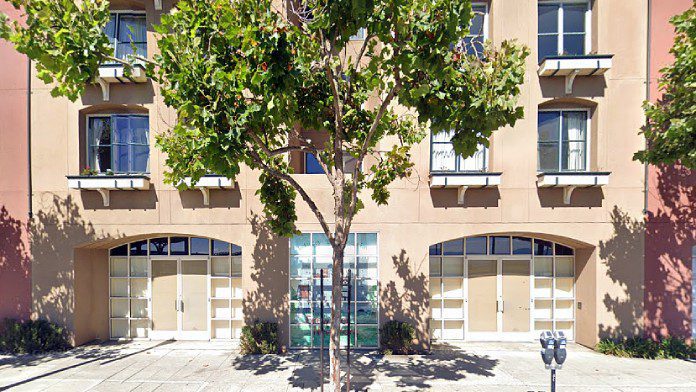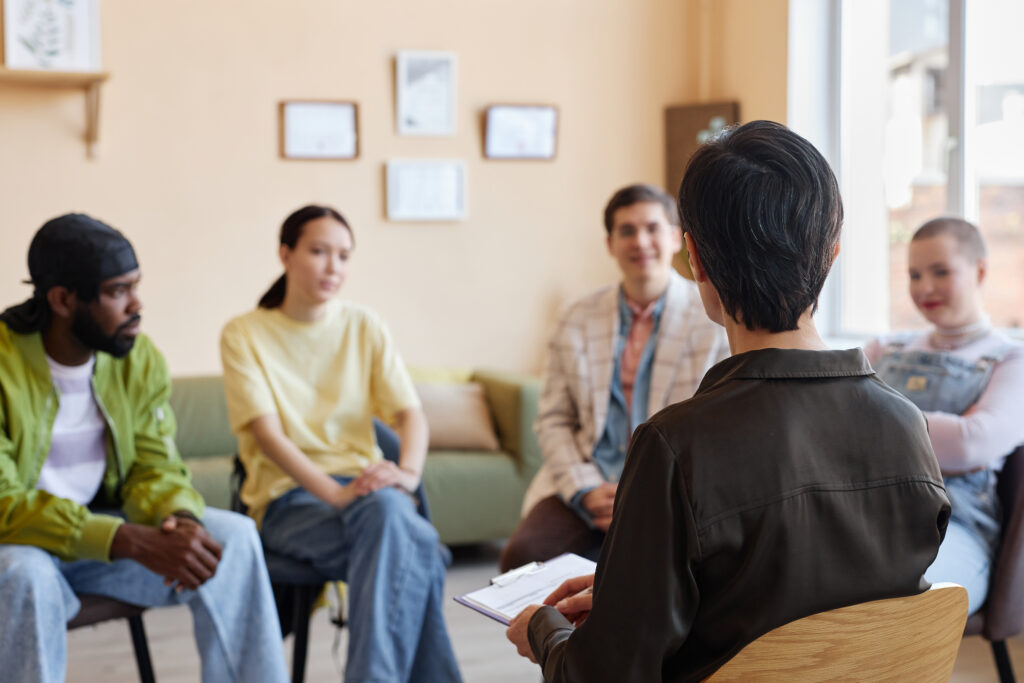Overview
- Updated On:
- June 21, 2023
Description
Our Leadership
“These are not simply ‘clients’ – these are our relatives, our relations.” —Steve Darden, Traditional Counselor
Our team is dedicated to stopping the cycle of dysfunction that has been passed down from one generation to the next. As American Indians ourselves, we bring a cultural insight and sensitivity to our work that fosters trust, understanding, and accountability with our clients. Many of those struggling with substance abuse and other related issues are our friends, neighbors, and tribal members.
Our people experience the highest rates of poverty in the United States.
According to the U.S. Census, over 1 in 4 American Indians are in poverty. This brings disproportionate incarceration rates, teen suicide, unemployment, high school dropout, diabetes, domestic violence, and substance abuse.
Many of the issues facing Indian communities have deep socio-political roots—roots that reflect a long history of systemic and structural racism and oppression, including the criminalization of Indian ceremonies and languages, the dissolution of the tribal family structure, forced relocation and mass incarceration.
For many of our clients, it is not necessarily one single issue that is being dealt with—i.e. substance abuse—but an entire bundle of overlapping and simultaneous issues.
Our Approach
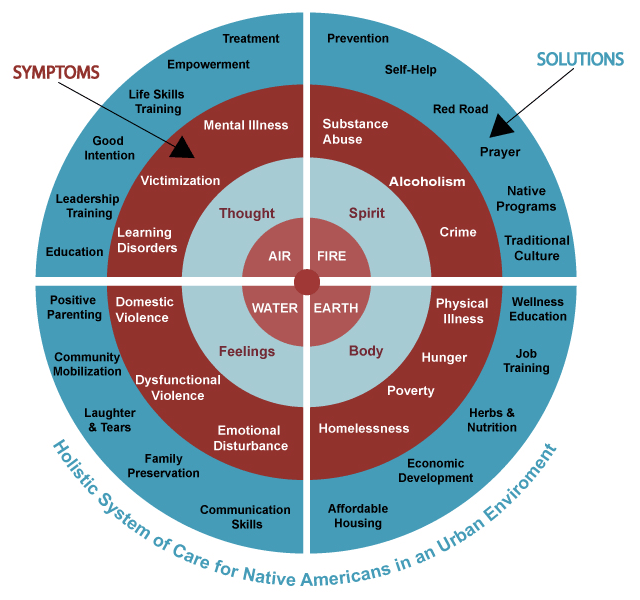
Our services help American Indians and Alaskan Natives achieve and sustain recovery through a peer-to-peer support model.
We use an American Indian & Alaskan Native culturally based model built through the expertise of individuals with similar lived experience.
For years, our program has been cited as an exemplary organization by the Indian Health Service for outstanding achievement and clinical innovation. We’re nationally accredited by CARF—the Commission on Accreditation of Rehabilitation Facilities—and are fully licensed and certified by the California State Department of Alcohol and Drug Programs.
All aspects of our evidence-based practice are guided by the following American Indian traditional healing concepts:
PRAYER, SONG, AND DRUM SESSIONS
These practices are complementary to the spiritual/cultural norms and values of the individual, and are an important element of the client’s program plan.
SWEAT LODGE CEREMONIES
Participation in sweat lodge ceremonies is suggested to enhance detoxification of unhealthy chemicals in the body and to purify the body, mind, and soul of mind-altering chemicals.
AMERICAN INDIAN TRADITIONAL HEALERS
Access to American Indian Traditional Healers is especially important in helping the individual to understand and/or reclaim his or her cultural and spiritual identity.
TRIBAL TRADITIONS AND TRADITIONAL WAYS
Acknowledgment of tribal traditions and traditional ways and distinguishing these ways from acculturation to Western culture is an important part of the individual’s recovery.
Many of our staff members are graduates of our program themselves and function as peers for residents.
We believe that people facing crisis and recovery find strength in community—in relating to those that have traveled similar roads and finding purpose in reconnecting with culture as a source of identity and mental, emotional and physical health. Peer-to- peer activities include:
- Developing and Implementing a Plan for Training/Mentoring Peer Leaders
- Peer-to- Peer Recovery Coaching/Mentoring
- Peer Social Support Groups
- Educational/Employment Referrals and Placement
- Individualized Transition Plans
- Drug-Free Socialization Activities
- Outreach and Family Engagement Strategies
- Family Reunification Plans
Our Impact
87%
of clients felt an increase in social connection
Compared with 61% at intake, 87% of Friendship House graduates maintained an increase in social connection six months after graduation.
92%
of clients were clean and sober 6 months later
Compared with 41% at intake, 92% of Friendship House graduates did not use alcohol or illegal drugs in the past 30 days.
30%
of clients saw a reduction in depression
Compared with 48% at intake, 78% of Friendship House graduates felt relief from depression and anxiety.
For more information, please visit Friendship House
